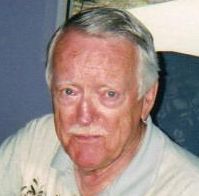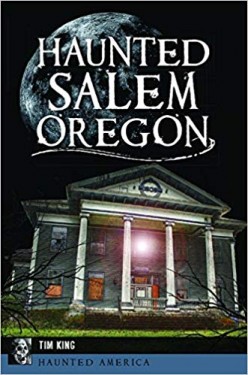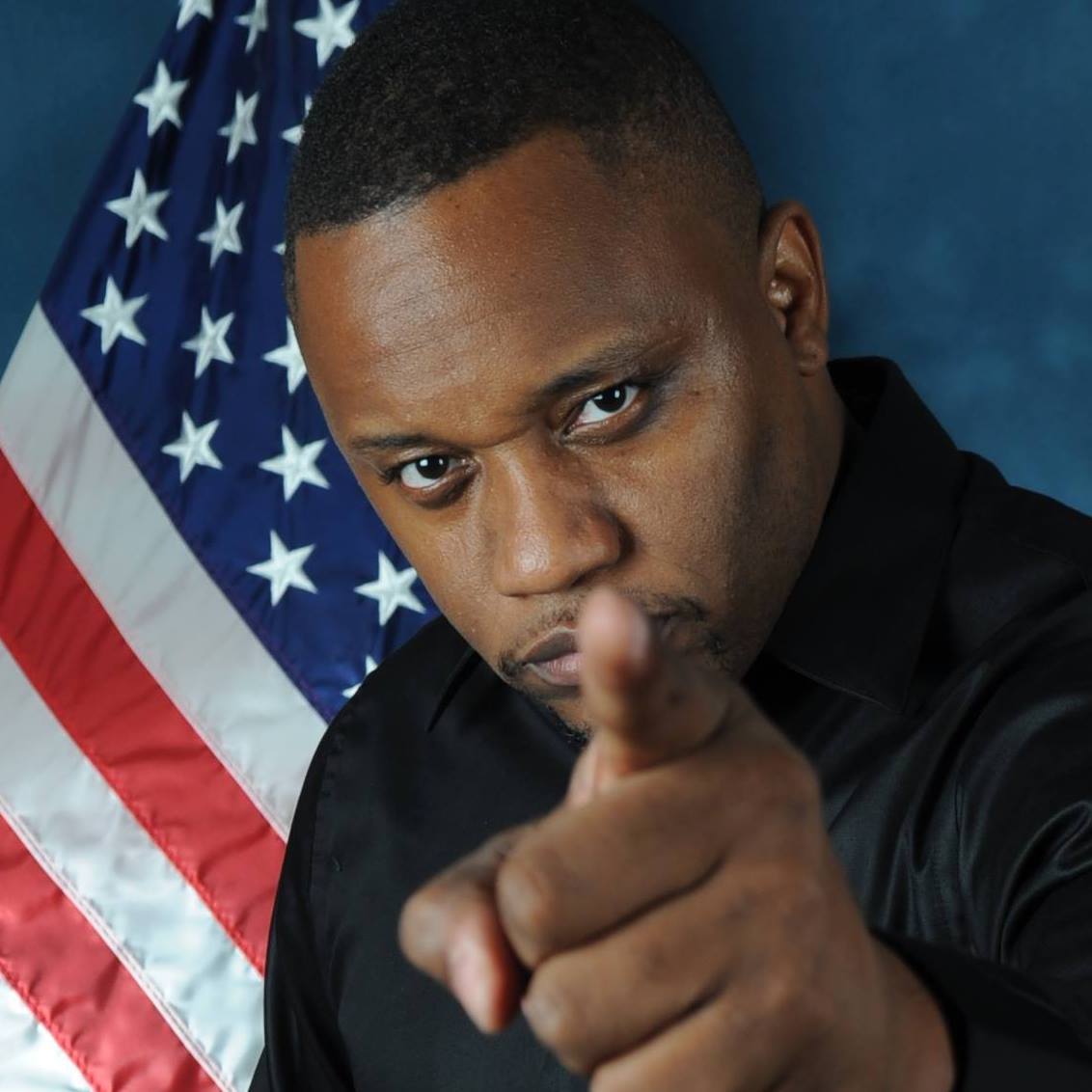Post-America and the death of exceptionalism
I wasn’t a dumb guy, I went to Penn State… no, wait… it was the State Pen. - Dean Martin
Bill Annett Global News Centre
(DAYTONA BEACH ) It was just a couple of years ago, that red letter day for the Commonwealth of Pennsylvania. In huge red letters, as a matter of fact. (1) Jerry Sandusky, an erstwhile football coach and inspirational leader and advocate of disadvantaged youth, was jailed for life several times over. (If you’d picked up a newspaper, watched television news or attended a water-cooler conversation during the previous six months, you needn’t having been told why.) (2) A Philadelphia Archbishop, William Lynn, set a new precedent for a senior Catholic prelate with his conviction for shielding and conspiracy in the cover-up of raping priests. Meanwhile, (3) in Charlie Rose’s New York studio, Amy Gutman, President of the University of Pennsylvania, was promoting her new book on academic and political compromise as the final solution to practically every problem, proclaiming that American universities more than ever were the best in the world and would show us the way to an even greater era of exceptionalism.
As we dashed away the tears of prideful patriotism, it may have occurred to anyone with two brain cells to rub together that our widely accepted meritocracy needed work. A year later, even moreso. That is if, as an American handbook, it has not already been totally trashed in the onrush of post-American society.
Is American exceptionalism disappearing into the sunset within the first decade and change of the 21st Century? Did it ever really exist - apart from the sloganeering of political poltroons and the Independence Day specials offered by car dealers?
Actually, we didn’t even invent the expression “exceptionalism.” It was coined by Alexis de Tocqueville in 1831. The visiting French nobleman expressed the notion that America was conceived in liberty and gestated for a figurative nine months with a combo of migrated DNA and residual environmental superiority (perhaps borrowed and derived from 10,000 years of a noble indigenous civilization which, ironically, was excluded from the final mix) and was brought to its birthing by some mythical, magical midwife.
As a result, beginning about 1787 in the above-mentioned Philadelphia, the squalling newborn had been qualitatively different from all other nations, whether developed, emerging, stone-age or whatever. And the ultimate result was that we are therefore not only special, somehow next to godliness, but this fortunate circumstance derives and is perpetuated by our distinctive political, professional, artistic and religious institutions. (For proof, see President Gutman, above, whose judgment in theoretical modeling may only be exceeded by her lousy sense of timing.)
The tragedy of the Sandusky event is not in the sickening saga itself, but in the reflexive mourning of the immediate populace over the trashing of an abortive alumni-based fixation on a university-centered sports program which (on a national basis) has become larger than the universities involved, where cretins on the sidelines wearing headphones atop their ball caps command salaries ten times those of university presidents such as Amy Gutman. (A perhaps unconvincing example.)
In the case of the accommodating Archbishop in the City of Brotherly Banging, the shock is not in this isolated but important precedent, but in the fact that it is a small cameo of a centuries-old culture of hideous crime that saturates the oldest, wealthiest, most cravenly admired (by 178 governments – including OURS) religious monolith in history.
But consider these two atrocities as just part of the “elites,” the outstanding organizations, institutions and very bulwarks of American exceptionalism, and how they have performed in recent history. Go ahead. You’ll agree with me that they’ve been collapsing like ten-pins.
The stylized embodiment of corporate America, the financial masters of the universe ensconced in the topless towers of Wall Street have, within the last decade of the newest Century, compiled a criminal record of double and triple fraud and financial corruption that rendered them as rich as Croesus, while very nearly bringing the nation to the bottom of a financial abyss.
The wonderful world of baseball – our national sport - which Thomas Wolfe immortalized, describing the dichotomy of its “shirtsleeved apathy” and explosive action, as an American icon – has been despoiled and contaminated by multi-millionaire dolts who have, by drugging themselves and all of us in the stands, cheated, lied and criminalized our nation’s favored form of relaxation, communal athleticism and entertainment.
Our idolatry for our military heroes has been warped out of shape by a $750-billion budget, immovable in any congressional debate over budget -balancing, has been designed to protect the world from itself and to “deploy,” that ridiculous misnomer, our might wherever there is nothing to oppose us. And as a subset of this ludicrous institution based in the Pentagon, women “in service,” a boastful breakthrough in the military glass ceiling, has resulted in a greater threat and incidence of rape within military establishments than can be found or feared in the worst ghetto or hood in America.
And I haven’t even mentioned our greatest hallowed institution – the Congress, so carefully crafted by Washington and Jefferson and John Quincy Adams. Today it has become an ineffectual shell housing, literally without exception, 500-odd bought-and-paid-for minions of both political stripes and both hallowed Houses, deadlocked in partisan bullshit while the nation’s business is continually kicked like a can of beans down Pennsylvania Avenue. (There’s our Commonwealth again.)
Chris Hayes, a journalist, author and commentator, has written a timely book that’s right on the money. (The Twilight of The Elites) He examines what has happened to all those traditional good-guy, individual and institutional, that used to inhabit better-than-thou America. Hayes provides a powerful statement that carefully traces how we have come near to wrecking the whole ball game as we sink and flounder in the failure of Post-American society.
Since the Millenium in particular, most Americans have watched uncomprehendingly and in helpless anger as one of our treasured institutions after another has imploded in one way or another under the compelling weight of corruption, incompetence and indifference, from all that we’ve proclaimed for 225 years. The social contract between the people and our elites – unwritten, unspoken but absorbed through the pores by every schoolchild – has just about disappeared.
How that came about, it’s asserted, is that gradually since about the time the first Boomers were starting to get upwardly mobile, our meritocracy juiced a more diverse group into positions of power, accelerating latent inequality and heightening social spread. A new American breed imbued with American greed.
By degrees, but with accelerating speed, there has been forged a new post-American society that is conditioned to exonerate, justify and forgive literally any behavior at the top, while just as relentlessly prone to punishing, depriving and socking it to the vast mob at the bottom. The result has been the greatest dislocation and lack of touch and understanding between the people and those mandated – largely by institutional wealth – to govern. A manque connection as apparent as that of a Republican Marco Rubio attempting to smooze with an audience of Hispanic laborers in Florida.
Is the American dream irrecoverably dead or dying? As a one-man jury, Chris Hayes doesn’t really say. His book is essential social commentary, not prophecy. But while the jury is still out, it needn’t be totally negative or hung. The verdict will probably not be what we might long for, a return to Thomas Wolfe’s America or the vision of the rich white guys who convened in that same Pennsylvania in 1787.
One solution may lie in separating the deeds from the doers, in valuing Wolfe’s iconic baseball world rather than the cretinism of today’s multi-millionaire druggies; in valuing say the statesmanship of Kennedy in spite of his personal peccadilloes.
We can seek a newer world while acknowledging the failures of the old. The 12 good women and men who sent Sandusky up the river represent a good start; while nine of them were part of Penn State, they knew a true message when they were confronted by it. So did an honest prosecution, judge and jury in fabled Philadelphia the other day.
“In the beginning was the Word and the Word was with God.” The substance of America was there at our beginning, as well as the flack that we’ve added along the way. Although we can’t go home again, perhaps we can recover the substance as we build a newer world. As Wolfe put it, by searching a new leaf – or rather, a stone, a leaf, an unfound door.
________________________________________________________

Bill Annett grew up a writing brat; his father, Ross Annett, at a time when Scott Fitzgerald and P.G. Wodehouse were regular contributors, wrote the longest series of short stories in the Saturday Evening Post’s history, with the sole exception of the unsinkable Tugboat Annie.
At 18, Bill’s first short story was included in the anthology “Canadian Short Stories.” Alarmed, his father enrolled Bill in law school in Manitoba to ensure his going straight. For a time, it worked, although Bill did an arabesque into an English major, followed, logically, by corporation finance, investment banking and business administration at NYU and the Wharton School. He added G.I. education in the Army’s CID at Fort Dix, New Jersey during the Korean altercation.
He also contributed to The American Banker and Venture in New York, INC. in Boston, the International Mining Journal in London, Hong Kong Business, Financial Times and Financial Post in Toronto.
Bill has written six books, including a page-turner on mutual funds, a send-up on the securities industry, three corporate histories and a novel, the latter no doubt inspired by his current occupation in Daytona Beach as a law-abiding beach comber.
You can write to Bill Annett at this address: [email protected]





















Leave a Reply
You must be logged in to post a comment.